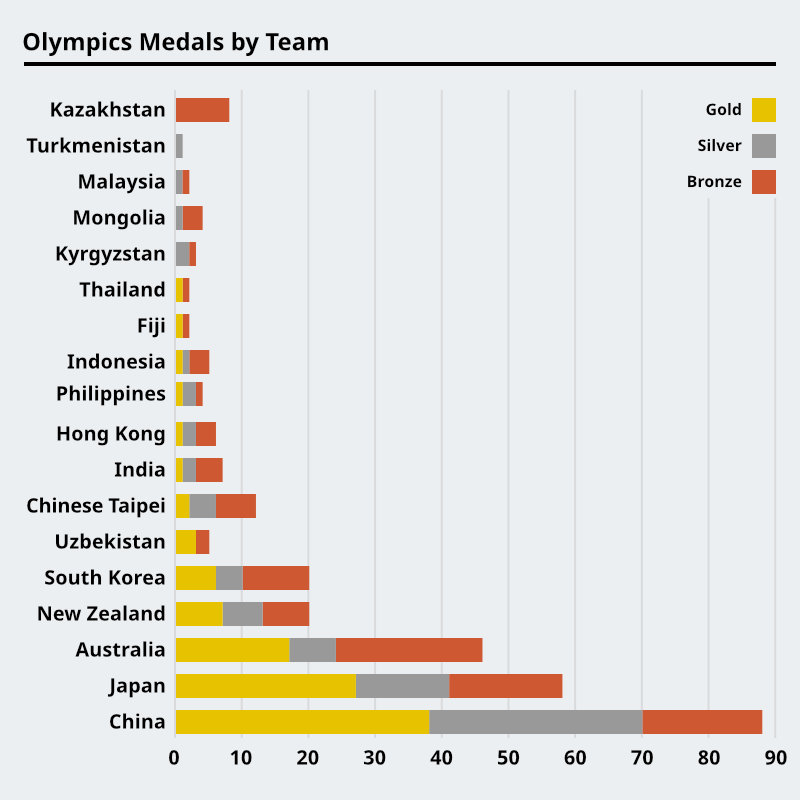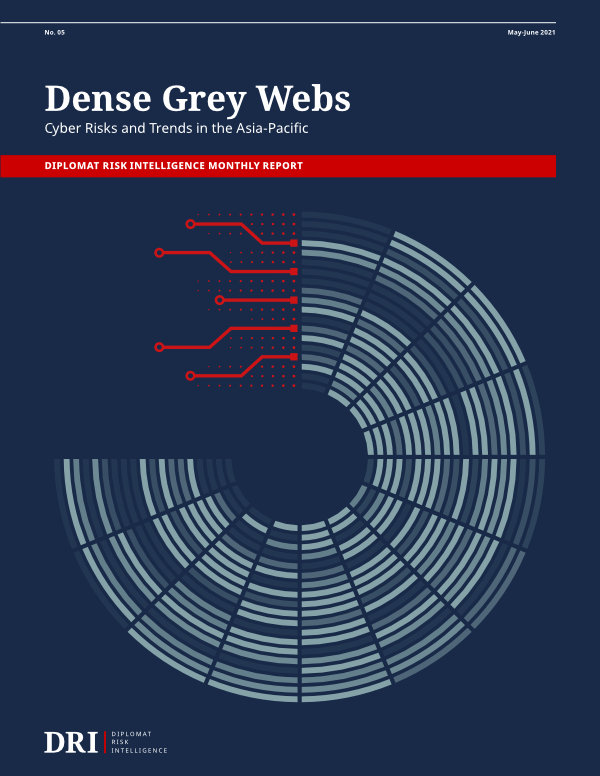| Welcome to the latest issue of Diplomat Brief. This week our top story looks at Taiwan’s last remaining partner in Africa, Eswatini – an absolute monarchy that makes an awkward bedfellow for a proud democracy. We also have an interview with Dr. Kim Joon-hyung, chancellor of the Korea National Diplomatic Academy (KNDA), on the Korean Peninsula peace process and the chances of true denuclearization. |
| Story of the week |  | DIPLOMACY Eswatini, Taiwan’s Last Partner in AfricaWhat Happened: In late June and July, pro-democracy protests broke out in Eswatini, a tiny country almost completely surrounded by South Africa and ruled as an absolute monarchy by King Mswati III. Eswatini (formerly known as Swaziland) also happens to be Taiwan’s sole remaining diplomatic partner on the African continent. The protests could change that – either by ousting Mswati altogether or by forcing him to look to China for economic support at a difficult time. Our Focus: Taiwan’s unbroken relationship with Eswatini since its independence in 1968 is one of “convenience and desperation,” David Monyae, co-director of the Confucius Institute at the University of Johannesburg, tells The Diplomat. “Taiwan is quite aware that they’re on the wrong side of history, supporting one of the worst dictatorships and an absolute monarchy.” What Comes Next: Taiwan, which proudly touts its democratic credentials, is now in the odd spot of having its diplomatic interests threatened by pro-democracy protests. Mswati III’s personal involvement in the Taiwan relationship is a huge reason Eswatini has not joined the rest of Africa in recognizing Beijing. However, the lure of increased economic benefits from China might entice the king to break ties with Taipei as he looks to shore up support. Read this story |
| Behind the News | INTERVIEW Kim Joon-hyungDr. Kim Joon-hyung, chancellor of the Korea National Diplomatic Academy (KNDA) and a key foreign policy adviser to the Moon administration, on the U.S. approach to North Korea: “I am quite sure that there are different views in Washington’s political circle. Some would sincerely want North Korea’s denuclearization while others want to use the North Korean challenges to provide leverage against a rising China and strengthen the U.S. alliance in Northeast Asia. But more to the point, the denuclearization of North Korea is not an urgent issue in U.S. diplomacy.” Read the interview |
| This Week in Asia | Northeast Asia South Korea-U.S. Military ExercisesIn late July, North and South Korea announced that they had reopened communication channels after a year-plus hiatus. But Pyongyang is now threatening that scant progress, unless Seoul calls off planned military drills to be held with the United States next week. The Combined Command Post Training is set to open on August 16, but rehearsals have already begun. Find out more | South Asia India, China Disengage in Another Area of LadakhSix months after they stepped back on the north and south banks of Pangong Tso, Indian and Chinese troops have completed their disengagement from the Gogra area (Patrolling Point 17A) in eastern Ladakh. While the disengagement is a welcome development, the process appears to be going to India’s disadvantage, as it involves creating new “buffer zones” that are largely in Indian-claimed territory. Find out more | Southeast Asia The Political Stakes Rise Further in MalaysiaMalaysia’s political landscape has been thrown into a frenzy of horse-trading and coalition-building this week, after Prime Minister Muhyiddin Yassin promised to submit himself to a parliamentary vote of confidence in September. Despite his main coalition partner pulling its support, the embattled leader believes he has the numbers to keep his unelected government in power. But the race to cobble together a parliamentary majority is now on, with all of Malaysia’s major parties and political personalities hoping to play a role in forming the country’s next government. Find out more | Central Asia Afghanistan: Taliban Take Critical CitiesOver the weekend, the Taliban appeared to take control of five provincial capitals across Afghanistan, with additional major cities teetering on the brink. With U.S. forces all but gone, the Afghan security forces face a critical test: Can they retake cities that have fallen to the Taliban? How long can the Afghan government hold onto the country? Find out more |
| Word of the Week | POLITICS हम जीत गएHum jeet gaye: Hindi for “we won,” a frequent celebratory comment seen after Neeraj Chopra secured India’s first-ever gold medal in athletics at the Olympics – and just India’s second individual gold medal ever. Find out more |
|  |




